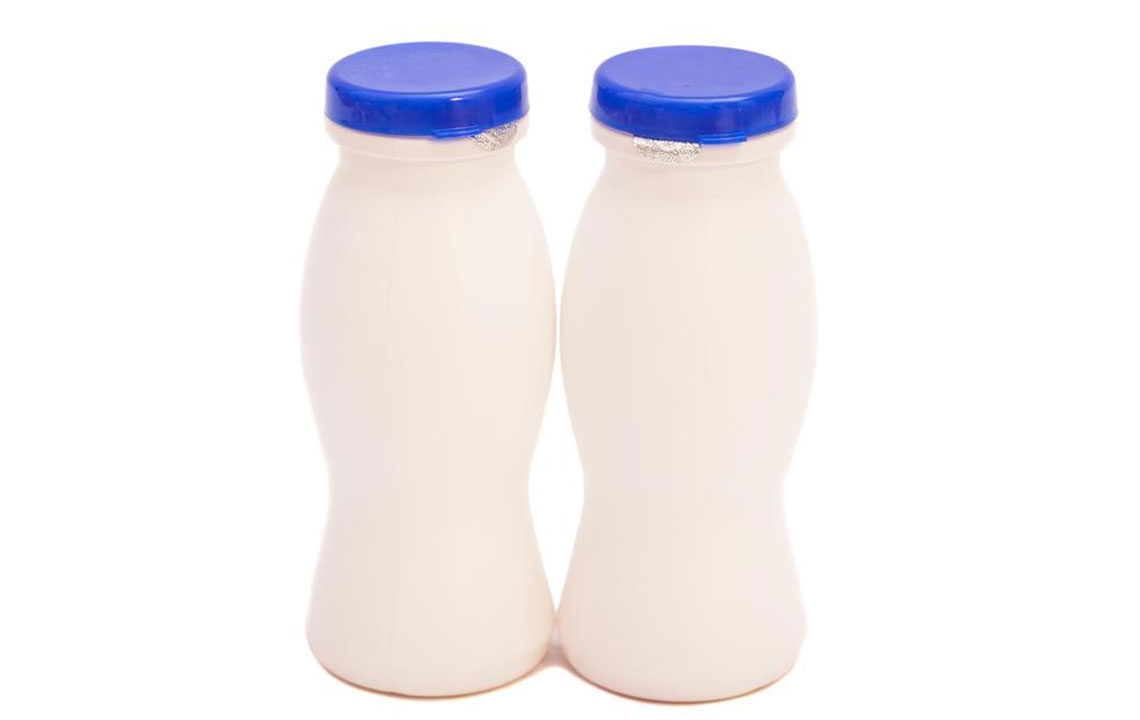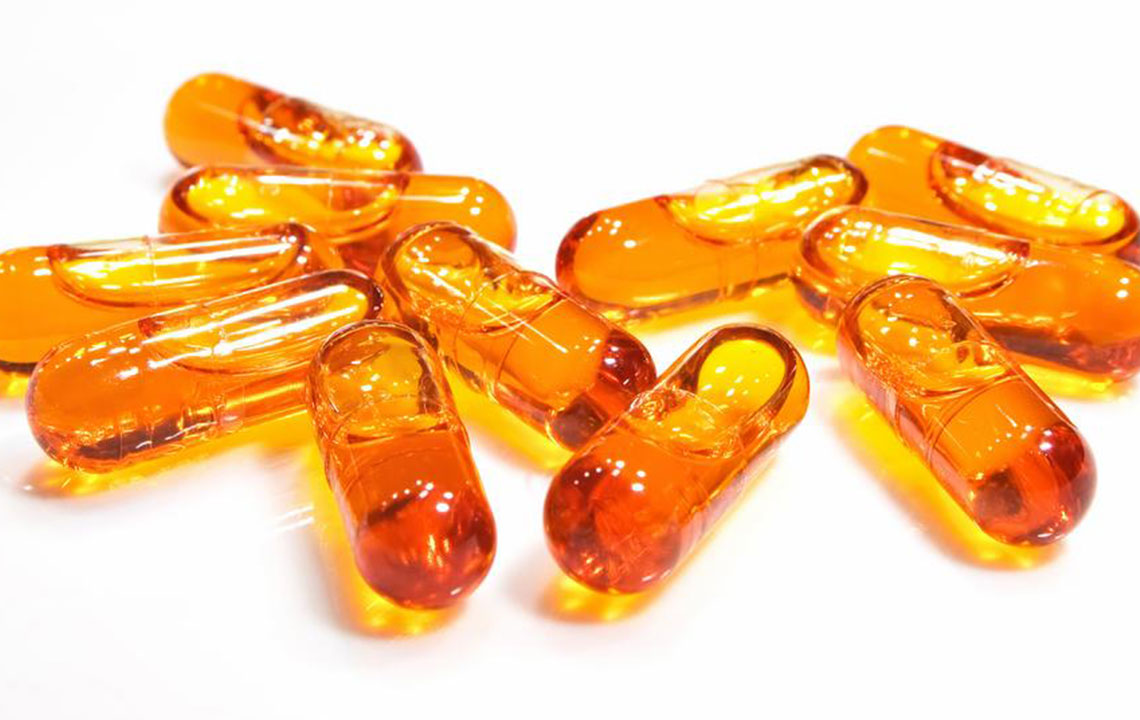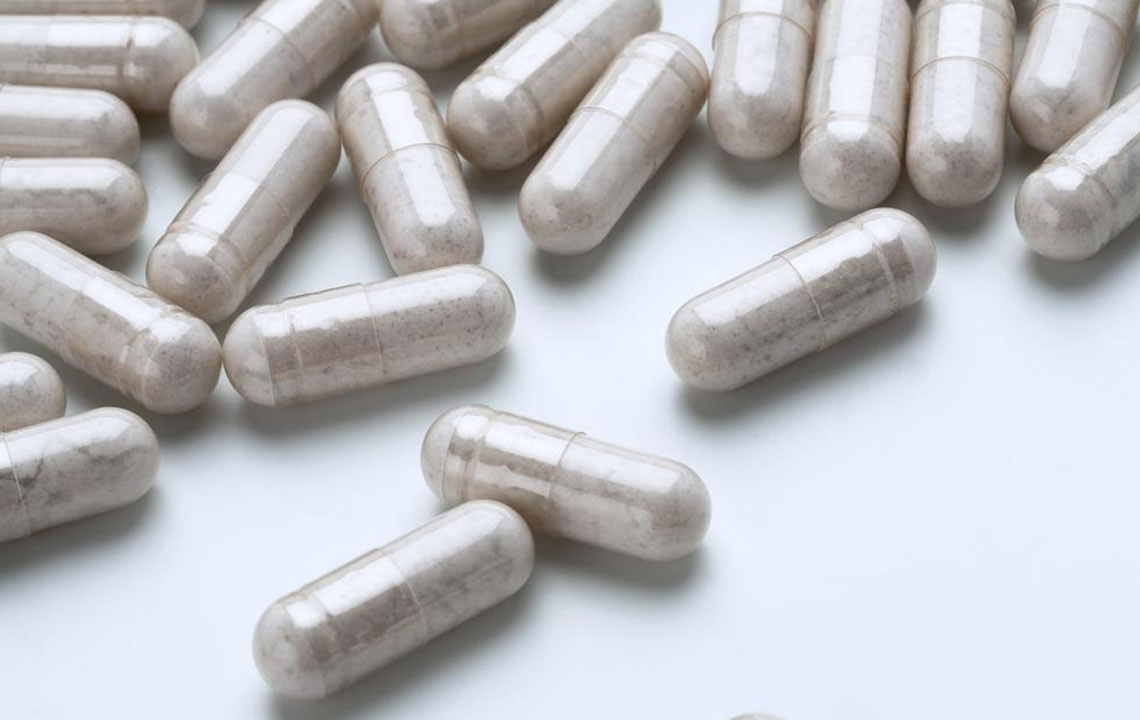Discover the Advantages of Probiotic Supplements
Explore the numerous health benefits of probiotics, including digestive support, immune boosting, heart health, and mental well-being. Learn about probiotic-rich foods like kefir, kimchi, and yogurt that naturally enhance health. Incorporate these beneficial microbes into your diet to improve overall wellness with minimal side effects, and understand their role in managing various health conditions effectively.

Discover the Advantages of Probiotic Supplements
The term "probiotic" originates from Greek, meaning "promoting life." Our bodies harbor countless bacteria—both beneficial and harmful—since birth. Maintaining a delicate balance between these microbes is crucial. An imbalance, known as dysbiosis, can lead to various gastrointestinal diseases. Probiotics consist of live microorganisms that support health by preventing or alleviating certain conditions. Though it may seem unusual to consider bacteria as health allies, probiotics strengthen the immune system and enhance digestive health.
Key health advantages of probiotic intake include:
Restoring Microbial Balance
Probiotics help re-establish the balance between good and bad bacteria in the gut. This equilibrium is vital to prevent issues such as allergies, obesity, and mental health problems. They counteract disruptions caused by medications, illnesses, and poor dietary choices.
Managing Diarrheal Conditions
Antibiotics often cause diarrhea by disturbing gut flora. Probiotics are effective in reducing or preventing antibiotic-associated diarrhea, with studies showing a reduction in infectious diarrhea duration by about 25 hours and traveler’s diarrhea by 8%. Effects depend on probiotic type and dosage.
Supporting Mental Well-being
Gut health is closely tied to mental states. Probiotics have been shown to lessen symptoms of anxiety, depression, stress, OCD, and improve memory.
Promoting Cardiovascular Health
Probiotics aid in breaking down bile, which contains cholesterol, thus preventing excessive cholesterol absorption. They lower LDL cholesterol and blood pressure, contributing to a healthier heart—one of the most significant benefits.
Alleviating Allergic Reactions
Some strains of probiotics may diminish the severity of allergies such as eczema in children and infants, though further research is needed to confirm these effects definitively.
Supporting Digestive Disorders
Probiotics containing Lactobacillus and Bifidobacterium strains can improve symptoms of mild ulcerative colitis, IBS, and reduce necrotizing enterocolitis by approximately 50%.
Enhancing Immune Function
They stimulate the production of natural antibodies and boost immune cell activity. Notably, Lactobacillus Crispatus has been linked to nearly halving UTI risk in women.
Aiding Weight and Fat Loss
Probiotics can hinder dietary fat absorption, promoting excretion instead of storage. They also increase satiety, helping reduce calorie intake and promoting fat burning.
Probiotic-rich Foods to Include in Your Diet
Kefir
This fermented dairy product contains various bacterial and yeast strains, aiding digestion, infection prevention, and bone health. It’s created by fermenting milk with kefir grains—cultures of beneficial microbes.
Kimchi
Made from fermented vegetables like cabbage, radishes, and spices, kimchi is rich in vitamins K, B2, and iron. It contains beneficial Lactobacillus strains that support cholesterol management, colon health, weight control, immunity, and skin vitality.
Yogurt
This dairy staple is a source of bifidobacteria and lactic acid bacteria, improving blood pressure, bone strength, and gastrointestinal health. Opt for yogurts labeled with active or live cultures for maximum benefit.
Consuming these probiotic-rich foods delivers natural benefits with minimal risk of adverse effects. Probiotics are here to stay as a means of supporting overall wellness.
Note:
Our blog offers diverse, practical information based on thorough research. However, these articles should not replace professional medical advice. We do not assume responsibility for discrepancies or inaccuracies across sources. Additionally, some promotional schemes or offers may not be covered here.










